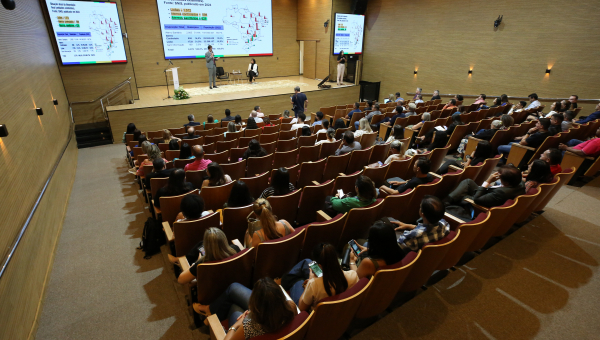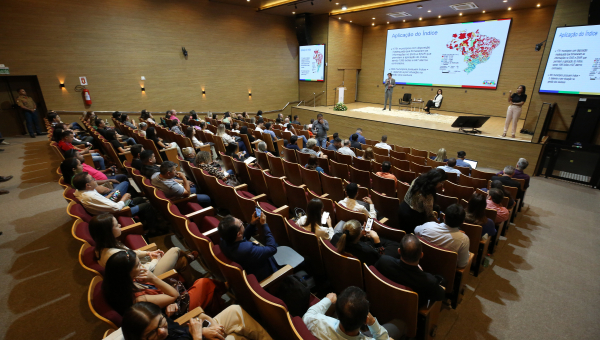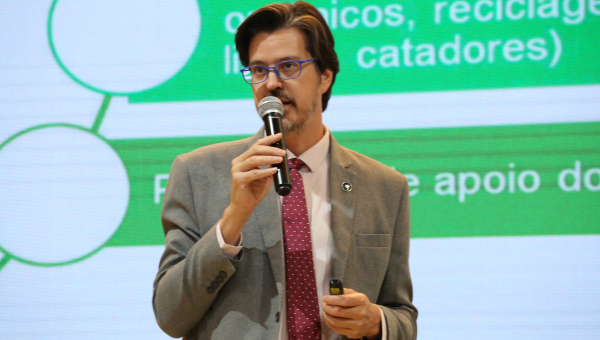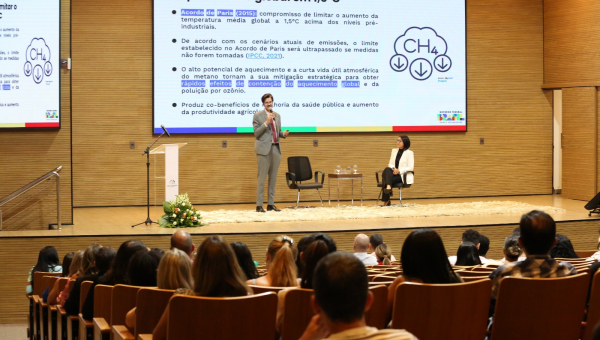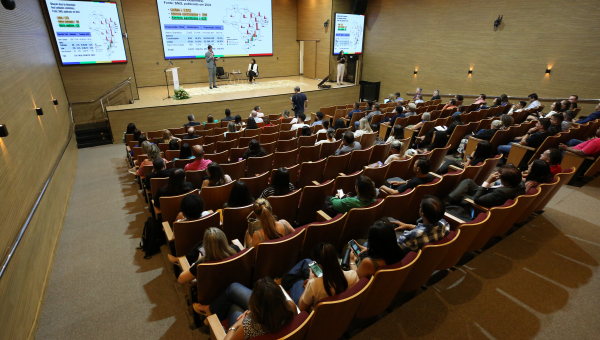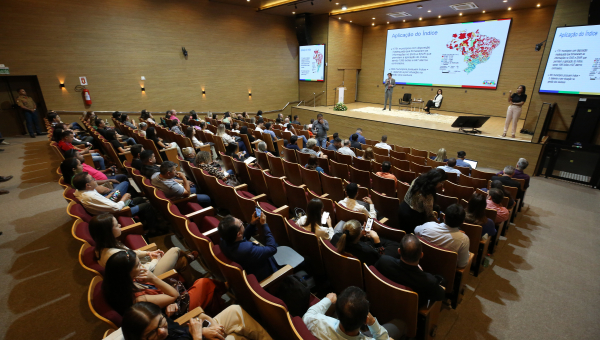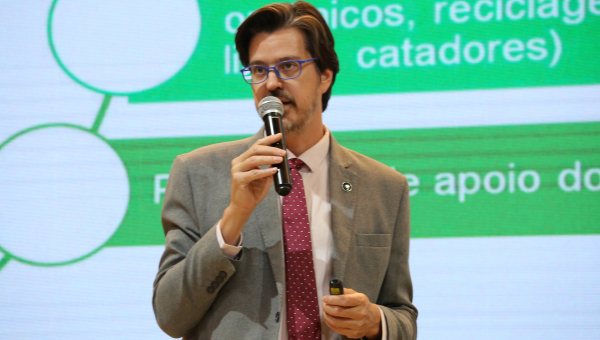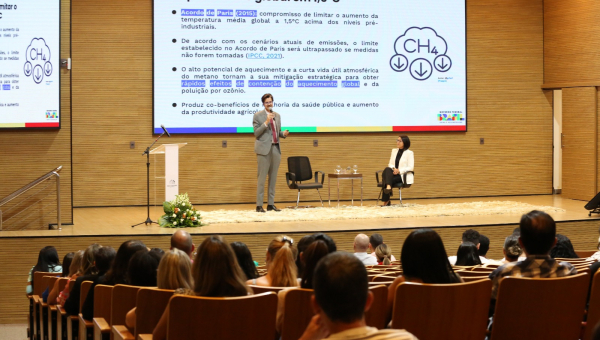"We have to work together with industry, with commerce, with the cities... it's a collective effort, because solid waste management is a representation of the economy," said Eduardo Rocha Dias Santos, Director of the Waste Management Department at the Ministry of the Environment and Climate Change, speaking on the topic on "Reverse logistics: what is the role of the States and municipalities". The lecture opened the afternoon programming, this Friday (June 14th), of the IV Seminar on Socio-Environmental Management, with the theme "Networking for Zero Landfill in the State of Tocantins".
"All of this has an arrival logistics and now we have to have a reverse logistics," said the Director, referring to products that later become waste. As the speaker explained, reverse logistics is the return of recycled material through the logistics chain. "This material has to be collected, treated and then reintroduced into the production process itself as a raw material," Santos explained, pointing out that all waste generated has to be returned as a raw material. How to carry out this reverse process is the big challenge, according to him.
As well as talking about logistics, during the lecture the Director of the Ministry of the Environment explained the instruments related to waste policy, how the Ministry of the Environment has been working and how it can help the States and municipalities in this regard.
Environmental Policy
On the occasion, the speaker talked about environmental policy; the environmental, economic, social and climate impacts of solid waste; and the role of solid waste in containing the climate crisis.
While giving an overview of solid waste management in Brazil and around the world, the Director presented strategic lines of action that the Ministry of the Environment has made a priority, such as reverse logistics, organics, recycling, regionalization of services, the closure of landfills and support for recyclable material collectors.
According to the speaker, the solid waste sector accounts for between 3 and 5% of global gas emissions, which is very significant for climate change. "The generation of waste, although we understand that solid waste has to be minimized, the world is projecting a growing expansion," he emphasized, stressing the challenge the world faces in properly disposing of waste.
In view of this, the Director presented the strategies of the federal government in this regard, through the ecological transition plan, which brings a reformulation for a more sustainable economy.
"We have several tools and financial instruments, support instruments to make this transformation in the environmental area," he said.
On this occasion, he listed the National Environment Fund, the Recycling Fund, Payment for Environmental Services and the Carbon Market as examples.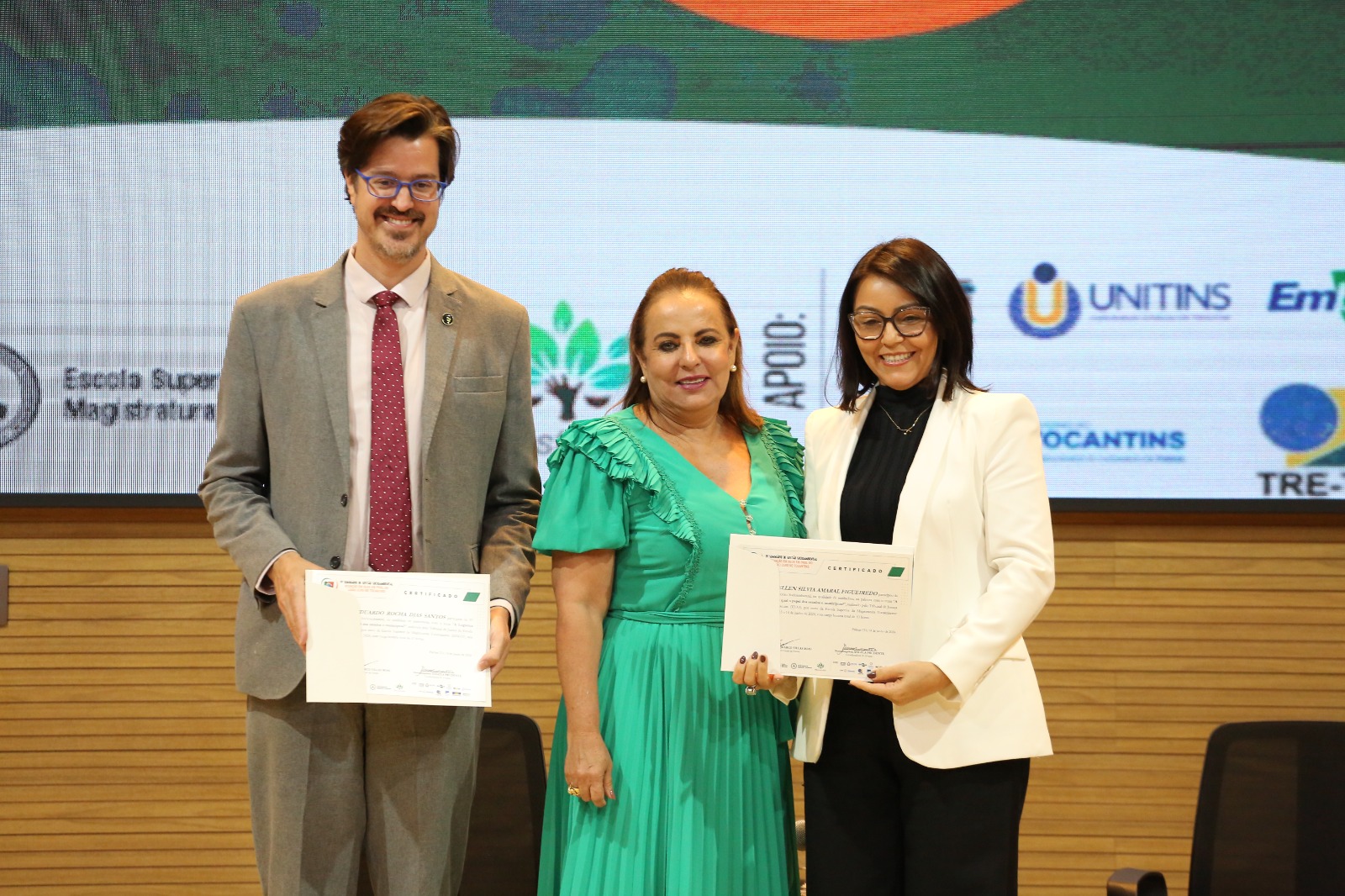
The lecture was mediated by Ellen Sílvia Amaral Figueiredo, Director of Integrated Solid Waste Management at the State Secretariat for the Environment and Water Resources.




